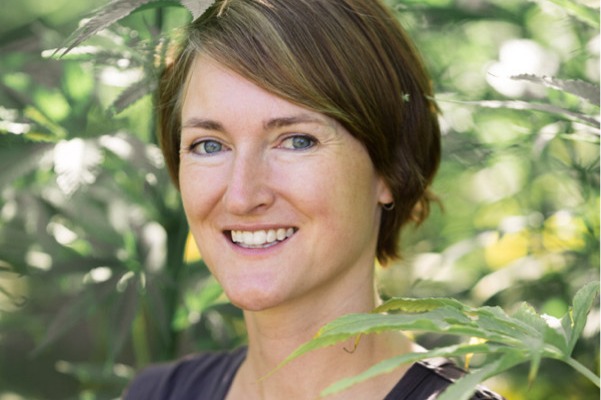
Why did you get involved in this project?
My professional background is in animal nutrition. I am also a hemp advocate – my husband and I have a hemp foods business – Vasse Valley Hemp Farm. Through my knowledge of both the livestock and hemp industries, I noticed a significant gap and decided to start investigating.
There was a turning point for me early in 2019 when I attended a hemp industry roundtable and one of the main discussion topics was using hemp as animal feed. Further investigation revealed absolutely no published data on hemp forage as a feed for livestock. Then I thought, why not do it? I had the time and network available, so I started making phone calls and things started happening.
As a researcher, it’s extremely exciting to be involved in world first research. This project, which will finish in 2022, may throw up more questions for more researchers across Australia to answer. Hopefully, Australia will become a world leader in this research.
What is so good about hemp?
I am passionate about hemp for so many reasons. It’s extremely fast growing and can replace most timber-based products. If you are growing it for fibre, it can grow up to a height of 4 metres in 90 days. It can be used as a soil remediator to remove heavy metals and pollutants from soil. In fact, it can be used in building, clothing, paper, textiles, medicine and food. It could play a significant role in a sustainable future.
As a food, it’s the seed that is consumed and it’s highly nutritious. The seed contains 26% protein, including every essential amino acid. It also has a superior fatty acid profile in terms of the ratio of Omega 6 to Omega 3 fatty acids, which is the ideal ratio for human requirements. Hemp seed also makes a great animal feed and there is plenty of scope for research in this field too.
Based on research into cannabis, we believe hemp may contribute to appetite stimulation, improved meat quality, and reduced stress during transit.








